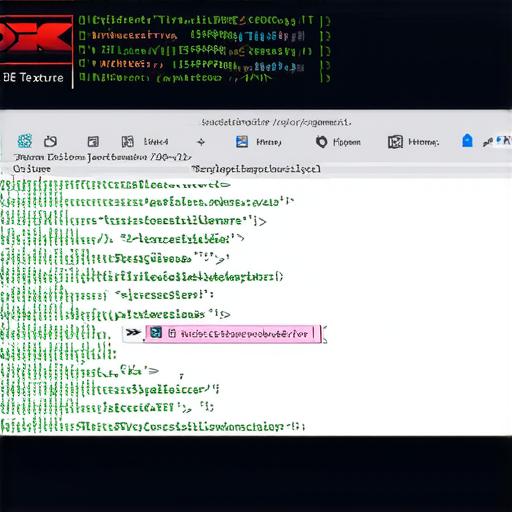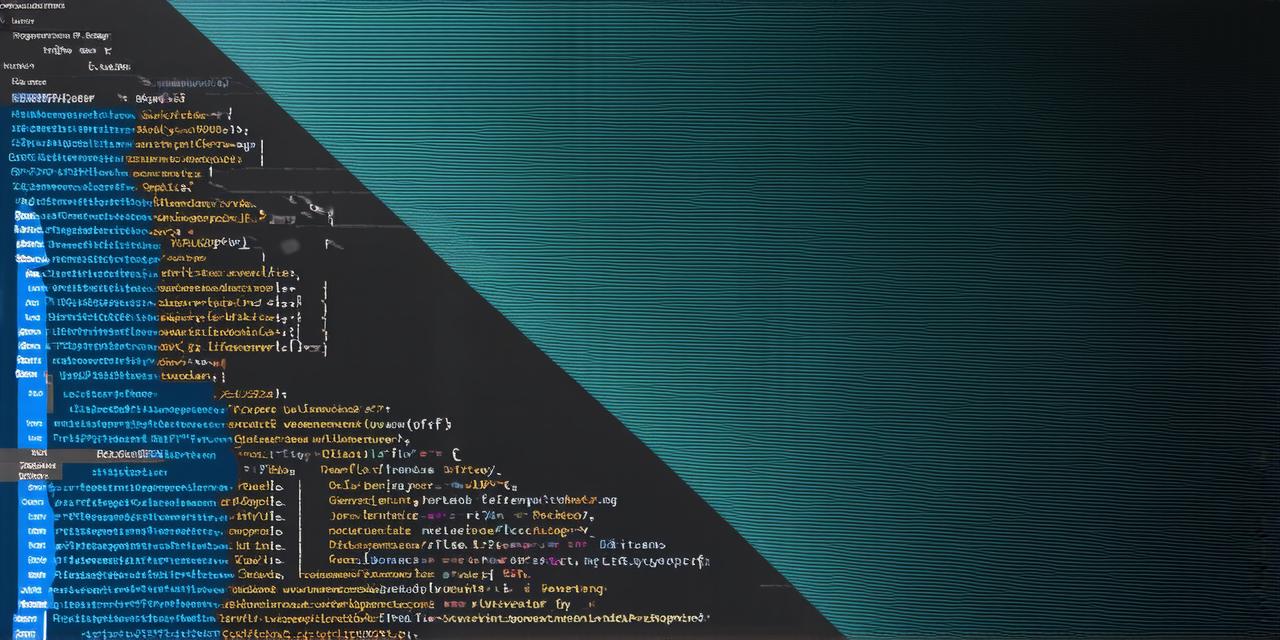
In the dynamic world of software development, understanding the Java Virtual Machine (JVM) is as essential as mastering the Java programming language itself. This article delves into the intricacies of JVM, its role, and the impact it has on development.
What is a Java Virtual Machine?
Picture a versatile, cross-platform engine that powers your Java applications. That’s the Java Virtual Machine! It’s an abstract computing machine that executes bytecode instructions of the Java programming language.
Why JVM Matters in Development
JVM’s significance lies in its ability to provide a consistent runtime environment, regardless of the underlying hardware and operating system. This consistency ensures that your Java applications run seamlessly across various platforms, making it an ideal choice for developing cross-platform applications.
Case Study: Google’s Android
A prime example of JVM’s impact is Google’s Android operating system. Android apps are primarily written in Java and run on the Dalvik Virtual Machine, a variant of the JVM optimized for Android devices. This choice allows developers to create applications that can be used by millions worldwide, irrespective of the device they own.
The Magic Behind JVM
JVM’s magic lies in its Just-In-Time (JIT) compilation feature. It converts bytecode into native machine code at runtime, making your applications run faster over time. This feature, coupled with automatic memory management, makes Java and JVM a powerful combination for developers.
Expert Opinion
“Java and JVM have revolutionized the way we develop software,” says James Gosling, the inventor of Java. “Their ability to provide a consistent runtime environment across platforms has made them indispensable tools in modern development.”
Real-Life Example: Java’s Impact on Banking Applications
In the banking sector, Java’s use in developing ATM applications ensures that customers can withdraw cash from any ATM, regardless of the manufacturer. This interoperability is made possible by JVM.
The Future of JVM
As we move towards a more connected world, the role of JVM becomes even more crucial. With projects like Project Loom, which aims to bring concurrency to the Java Virtual Machine, the future looks promising for this versatile engine.
FAQs
Can I use JVM with other programming languages?
Yes, there are alternatives to the Java Virtual Machine that support other programming languages like Kotlin and Scala.
Is JVM only used for web development?
No, while it’s widely used in web development, JVM is also used in various other areas such as Android app development, big data processing, and more.
